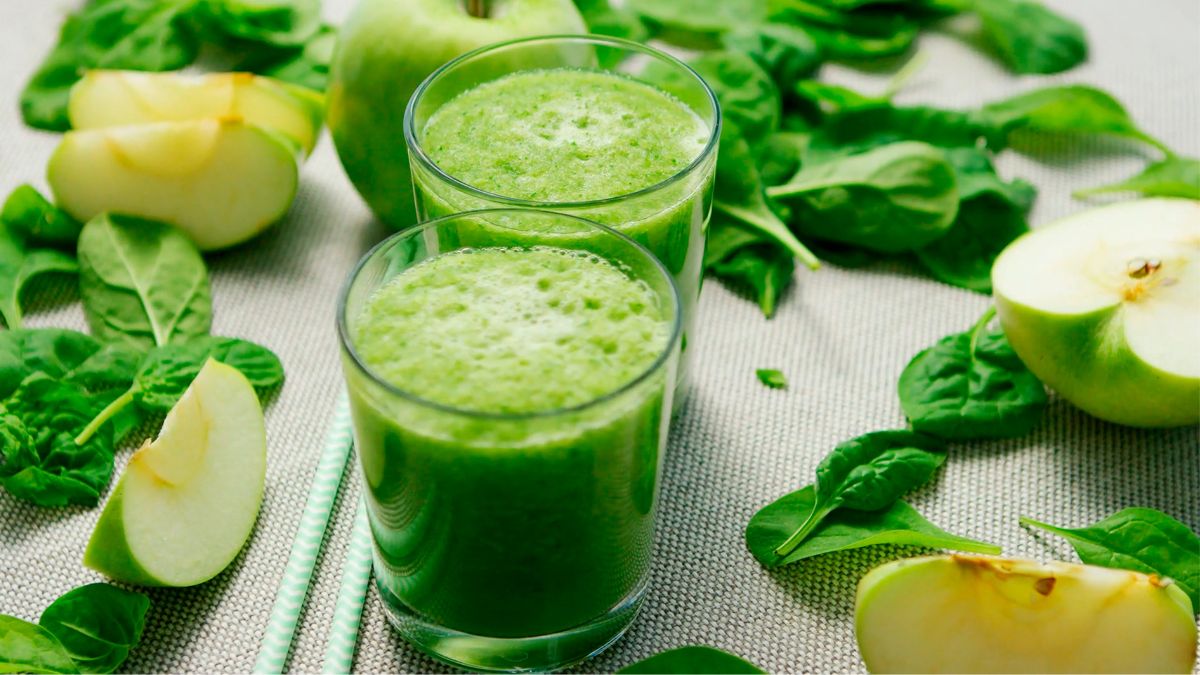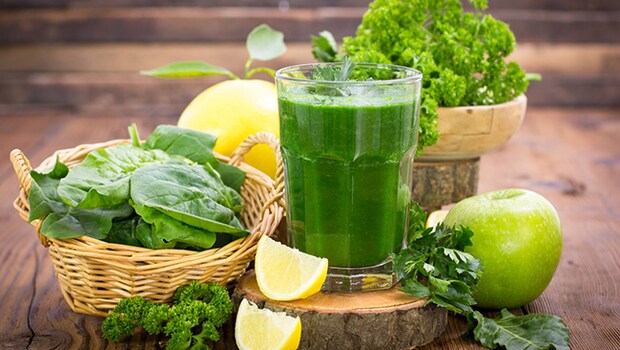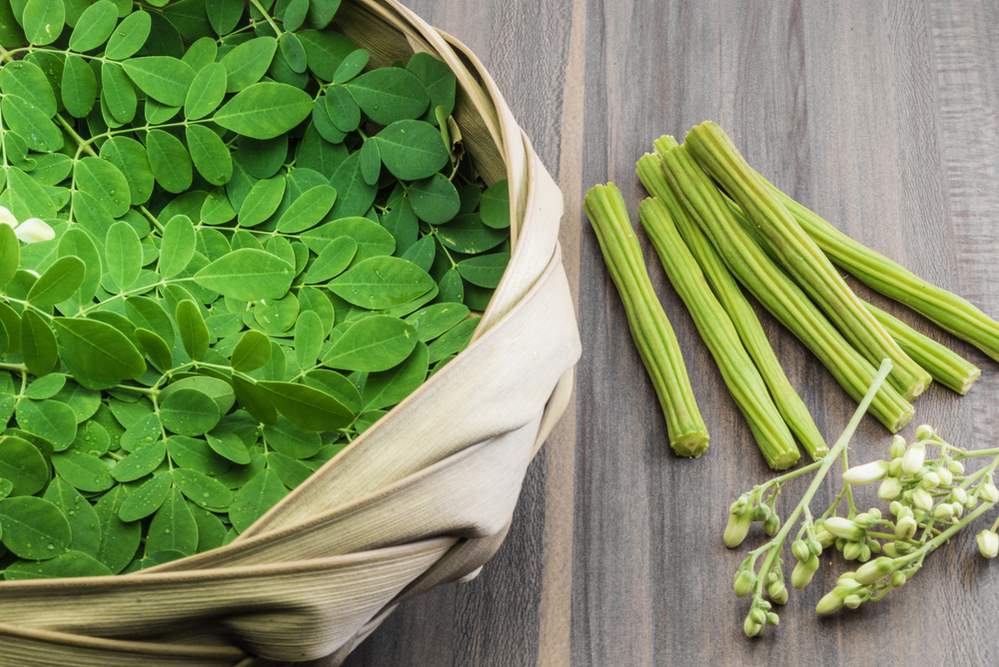Amazing Green Juice Benefits
Some people believe that regarding green juice benefits, it can help boost the immune system, but it’s similar to eating whole fruits and veggies. You can make green juice by blending various green vegetables. Adding some fruit can make it taste sweeter.
Green juice has become very popular for health and wellness in recent years.
Many famous people, social media stars, food lovers, and health bloggers are drinking and talking about green juice.
Fans of green juice say it can help with digestion, weight loss, inflammation, and making the immune system stronger.
But, green juice also has some disadvantages.
This article will give you all the information you need about green juice, so you can decide if it’s right for you.
Green juice has surged in popularity as a nourishing beverage packed with a variety of green vegetables and herbs.
It’s not just a singular type of juice; rather, it serves as an overarching term encompassing any juice that showcases a vibrant green hue and comprises predominantly vegetables.
What’s in a Glass of Green Juice?
Crafting green juice is an art, with numerous recipes to suit individual preferences. Commonly utilized green vegetables and herbs for making this revitalizing drink include spinach, kale, cucumber, celery, wheatgrass, parsley, and mint.
To enhance the flavor profile, some recipes incorporate fruits like apples, oranges, berries, and kiwi.
Green juice is a drink made from squeezing the juice out of green vegetables.
There’s no set way to make it, but common veggies used include celery, kale, Swiss chard, spinach, wheatgrass, cucumber, parsley, and mint.
Since green juice can have a bitter taste, many recipes include a bit of fruit to make it sweeter and more enjoyable. Fruits like apples, berries, kiwi, lemons, oranges, and grapefruit are often added.
Some people who love green juice prefer to make it fresh at home. However, you can also find it ready-made at juice bars or buy it in stores.
Be careful with store-bought green juices, though. Some have added sugar, which makes them less healthy. Too much sugar can also cause health problems.
Also, many bottled green juices are heated to kill germs and last longer. This heating process can destroy some of the good-for-you nutrients and natural substances in the juice.
Freshly Made or Store-Bought: Your Choice
Whether you prefer the homemade touch or the convenience of store-bought options, green juice is readily available. Many cafes and juice bars now feature green juice on their menus, offering a quick and easy way to enjoy this nutritious beverage.
A Complement, Not a Replacement
While green juice is bursting with essential nutrients, it’s essential to understand that it should complement, not replace, regular meals. Incorporating green juice into your diet can elevate your nutrient intake, serving as a valuable addition to your daily nutrition.
Embrace the Green Juice Revolution
With its array of health benefits, from boosting energy levels to supporting detoxification, green juice is more than just a trendy drink—it’s a lifestyle choice.
Whether you’re sipping a homemade blend or grabbing a bottle from your favorite café, green juice offers a convenient and delicious way to nourish your body and enhance your well-being.
Health Benefits of Green Juice
While green juice shouldn’t replace a well-rounded diet, it offers several advantages similar to eating more fruits and veggies.
Green vegetables and their juices are rich in vital vitamins, minerals, and helpful plant substances. For instance, Swiss chard and kale are full of vitamins A and K. Meanwhile, wheatgrass provides a good amount of vitamin C and iron.
Studies show that having leafy greens regularly may lower inflammation, reduce the risk of heart disease, and help protect against age-related memory loss.
Fresh juice contains compounds that act like prebiotics. These substances help nourish and promote the growth of good bacteria in your gut. Having enough prebiotics in your diet can lead to benefits like less constipation, better weight control, and a stronger immune system.
Many people find that drinking juice is a simple way to get more nutrients from fruits and veggies into their diet.
Lastly, some individuals, especially those recovering from stomach or intestine surgeries, might find green juice easier to digest. It can be a helpful option during their recovery period.
If you’re considering adding green juice to your diet, it’s a good idea to talk to your doctor or a dietitian, especially if you have any health concerns or specific dietary needs.
The Nutritional Powerhouse of Green Juice
Green juice stands out as a nutrient-dense beverage, offering a rich blend of vitamins, minerals, antioxidants, and phytochemicals. These essential nutrients, present in liquid form, are readily absorbed by the body, ensuring efficient utilization. The specific vitamins and minerals in your green juice will vary based on the ingredients used, but commonly, green juices are rich in vitamins A, C, and K, as well as iron.

Green Juice as a Gut-Friendly Prebiotic
Certain components in fresh green juice act as prebiotics, promoting the growth and activity of beneficial bacteria in the digestive system. Regular consumption of these prebiotics can enhance immune function and alleviate constipation. Moreover, the phytonutrients like flavonoids and carotenoids in green juice further support a healthy gut microbiota.
SEE ALSO: Health Benefits of Alligator Pepper and Ginger
Healing Benefits of Green Juice
Packed with antioxidants, vitamins, minerals, and electrolytes, green juice serves as a healing elixir for the body. The easily digestible and rapidly absorbed nutrients in green juice can expedite recovery from injuries or illnesses. Additionally, these nutrients play a pivotal role in bolstering the immune system, detoxifying the body, and combating inflammation.
Green Juice: A Natural Hydration Source
Staying hydrated is crucial for overall well-being, and green juice can be a refreshing solution. Many vegetables used in green juice, like cucumbers, boast a high water content, aiding in hydration and revitalization. Cucumbers, along with several other vegetables, are also rich in magnesium and potassium, essential minerals that help maintain cellular fluid balance.
Boosting Immunity with Green Juice
A well-functioning immune system relies on a continuous supply of specific nutrients. Green juices, brimming with vital nutrients, offer excellent support for immune health. Particularly, the inclusion of vitamin C and zinc in green juice can fortify the body’s defenses against common colds and infections.
Alkalizing Benefits of Green Juice
Emerging evidence suggests that a diet abundant in alkaline foods, such as vegetables and fruits, may lower the risk of conditions like diabetes and kidney stones. Moreover, alkaline-rich foods are associated with enhanced heart health and cognitive function. Vegetables rich in phytochemicals, such as spinach and kale, help maintain the body’s alkaline balance.
Incorporating green juice into your diet is a convenient and effective way to harness these alkalizing nutrients.
Potential Drawbacks
While green juice offers a variety of nutrients, there are some downsides to be aware of:
Low Fiber Content: When fruits and vegetables are juiced, much of their fiber is lost. Fiber is crucial for heart health as it helps regulate blood pressure, blood sugar, and cholesterol levels. It can also alleviate digestive issues like acid reflux and intestinal ulcers.
Experts recommend women consume about 25 grams of fiber daily and men about 38 grams. Since green juice lacks fiber, it shouldn’t replace whole fruits and veggies in your diet. If you’re drinking green juice, make sure to eat whole fruits and vegetables too.
Potential Blood Sugar Spike: For people with diabetes or those trying to control blood sugar, green juices might not be ideal. These juices are low in fiber and protein, two nutrients that help stabilize blood sugar levels.
If your green juice contains fruits, the natural sugars in these fruits can lead to increased blood sugar levels. To balance this, pair your juice with foods rich in fiber and protein, like cheese with flax crackers, tuna salad with veggie sticks, or oatmeal with almond butter. Always check labels of store-bought juices to avoid added sugars, ensuring the only ingredients are fruits or vegetables.
Possible Kidney Issues: While green juice in moderation can be beneficial, excessive consumption may pose risks to kidney health. Green vegetables contain oxalic acid, which can bind to minerals and prevent their absorption.
While the oxalates in a balanced diet aren’t typically harmful, green juices can be concentrated sources of oxalate. Consuming too many oxalates can lead to kidney stones and potentially kidney failure.
There have been cases where excessive green juice consumption during cleanses or fasts led to acute kidney failure. While juice cleanses and detoxes are trendy, relying solely on green juice or any juice for nutrition is unnecessary and could harm your health.
If you choose to drink green juice, do so in moderation and maintain a balanced diet with a variety of whole foods.

A graduate of Computer Science and Information Management Technology. Diploma – Caregiving, Certificates – Dementia and Diabetes Awareness and Management. A researcher, blogger, songwriter, singer and acoustic guitarist. Born in an environment where natural talents such as healing are imparted at our natural birth. This natural talents of healing is the result of our genetic inheritance and the training from family environment.













